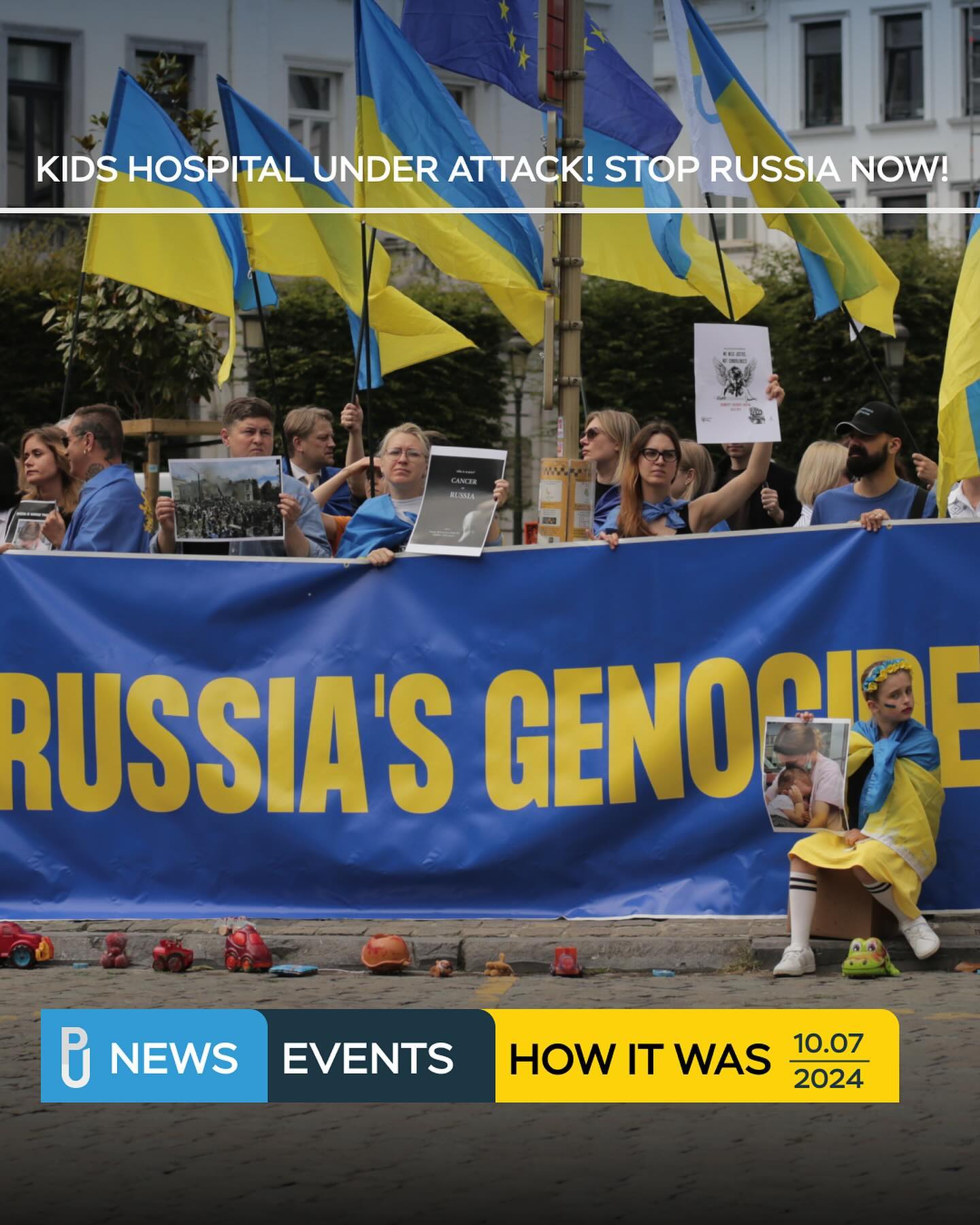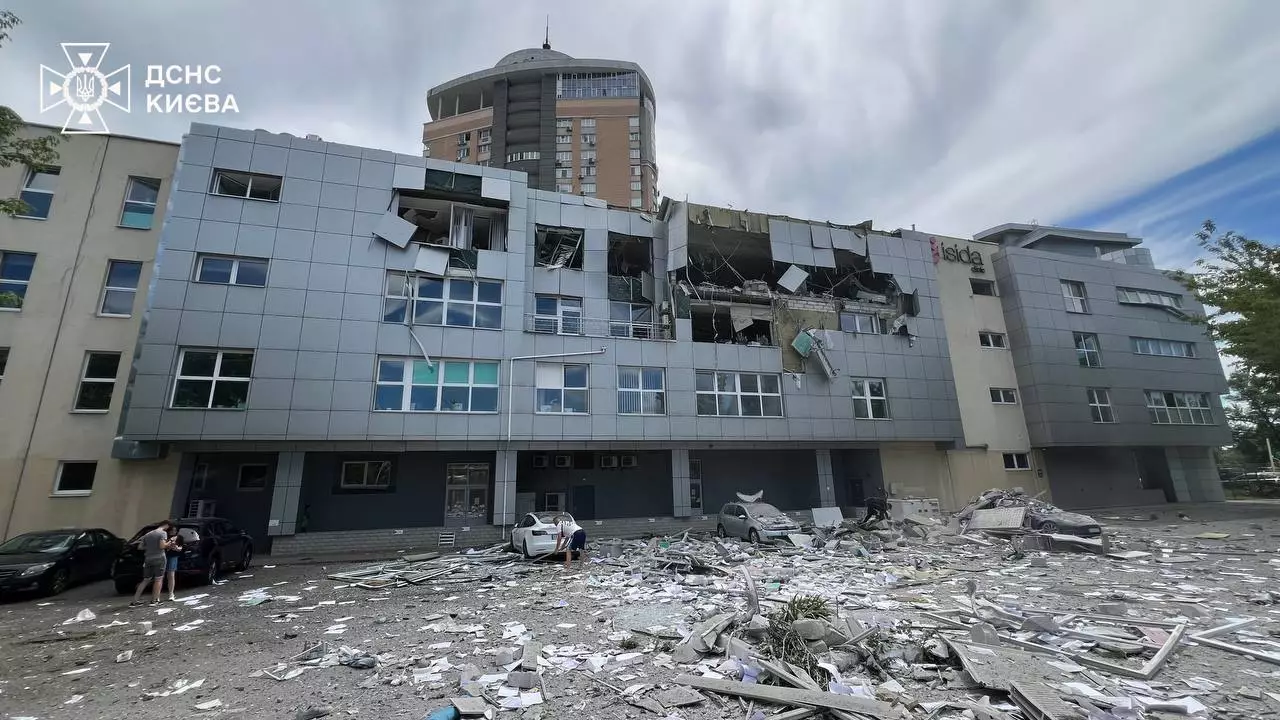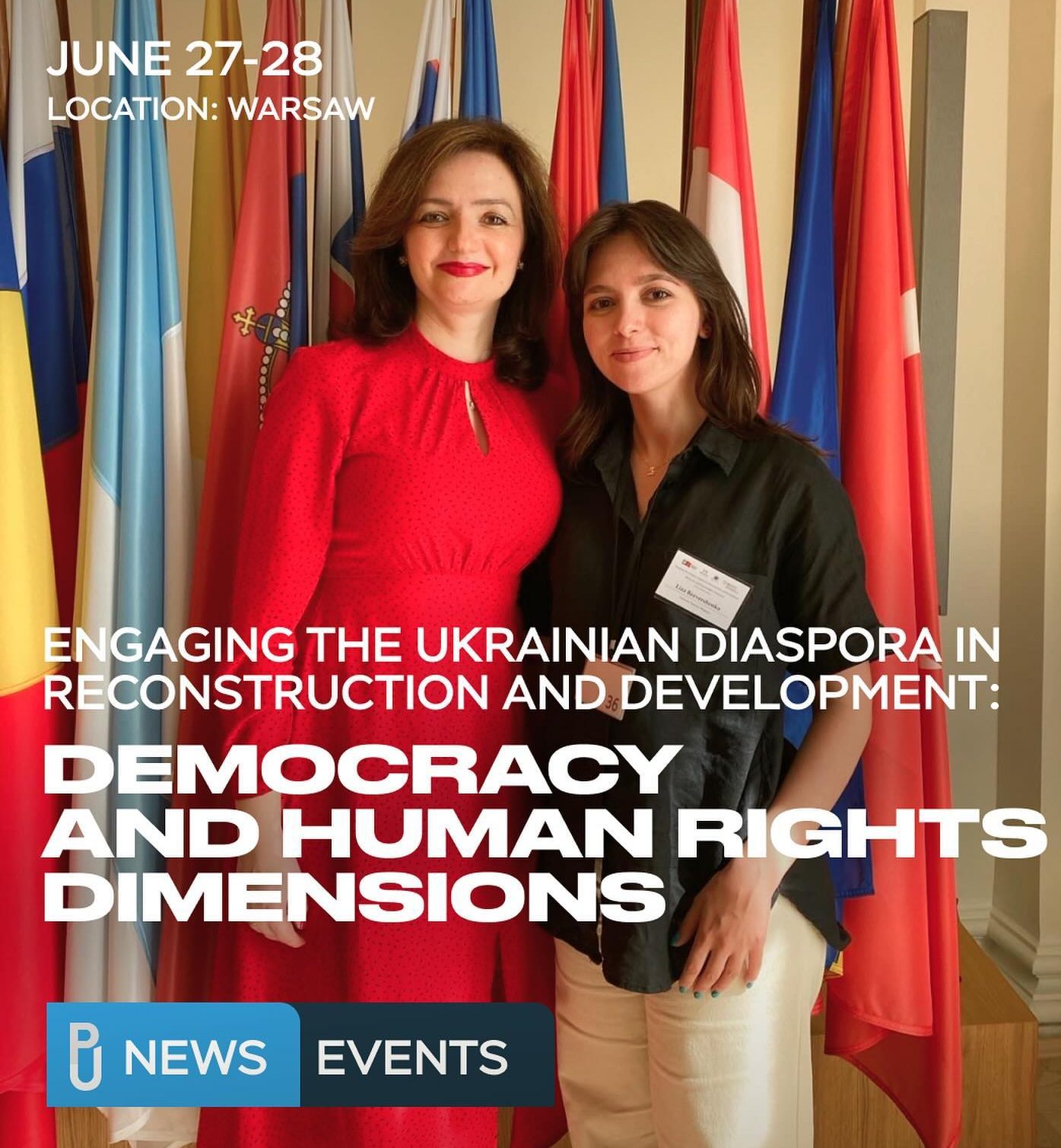The Public Council at the State Committee for Television and Radio Broadcasting of Ukraine supported the joint appeal of Ukraine’s National Union of Journalists, the Ukrainian Association of Media Business and the Association of Independent Regional Publishers to Ukrainian MPs, parliamentary faction leaders and the Verkhovna Rada leadership on the mass media law risks.
The authors of the appeal emphasise the need to revise three key provisions of the resonant law 2693-d “On Mass media” before voting, which is to take place in September. In particular, they propose limiting the law regulation for audiovisual media only and canceling the National Council’s regulation for print and online media, to remove the mechanism of financing of audiovisual media communities from local budgets. Instead, there is a proposal to introduce a single mechanism for conducting transparent competitions in communities for the community media selection and funding to avoid discrimination of some types of media by others.
It is also important to change the principle of forming the composition of the National Council on Television and Radio Broadcasting and remove the possibility of the political bias of this regulator as well as to introduce personal liability of the National Council members for mistaken, erroneous decisions and for the damage caused to the media based on corresponding decisions of the National Council.
The corresponding appeal was supported by 10 members of the Public Council.
Serhiy Tomilenko, Chairman of the National Union of Journalists of Ukraine, emphasises that the current version of the Bill contains threats to freedom of speech, gives the National Council extraordinary powers and strengthens state media regulation amid the National Council’s political dependence. This Law especially affects print media’s work, creating additional problems for them.
Ukraine’s National Union of Journalists receives dozens of appeals from journalists, media outlets, and public organisations with warnings about the “Law on Media.” The consolidated proposal to the authorities is to fulfil Ukraine’s international obligations regarding the special EU Directive on audiovisual media implementation and the TV and radio media regulation improvement. At the same time, the authorities should not drastically change the relevant legislation without proper involvement of practitioners from the print and online media,” Serhiy Tomilenko noted.
The Union of Journalists head hopes that the call of the Public Council will be an incentive for proper discussions by MPs when deciding on the bill’s fate.
“Our colleagues from national and regional media expect from the Public Council of State Committee on Television and Radio broadcast unequivocal protection not of the government initiatives but of journalists and media workers’ rights,” he added.
Natalia Tolub






 UA
UA FR
FR DE
DE




